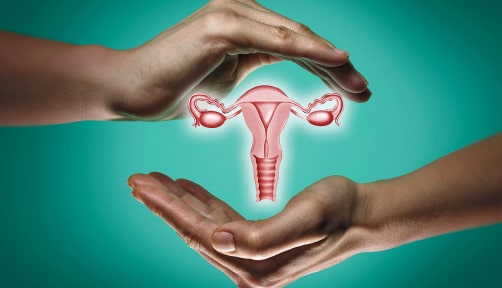
Uterine fibroids, also known as leiomyomas, are noncancerous growths that develop in the muscular wall of the uterus. They are common and can vary in size, number, and location within the uterus.
Uterine fibroids can be small and go unnoticed, or they can grow larger and cause symptoms such as heavy or prolonged menstrual bleeding, pelvic pain or pressure, frequent urination, and difficulty getting pregnant or maintaining pregnancy. Treatment options depend on the severity of symptoms and may range from medication to surgery, depending on individual circumstances.
Homeopathy treatment for uterine fibroids is highly effective, providing prompt relief from pain and discomfort. It not only alleviates symptoms but also inhibits the further growth of fibroids. Homeopathic remedies are natural, safe, and free from side effects. With continued treatment, homeopathy can successfully dissolve fibroids.
Wellness Homeo Clinic International specializes in treating female reproductive disorders, including uterine fibroids. Our experienced homeopaths provide personalized constitutional homeopathy treatment based on individual symptoms and severity. Constitutional homeopathy considers various factors, including family history, psychological, emotional, and social conditions. This holistic approach ensures optimal and safe results without any side effects.
Fibroids, noncancerous growths in the uterus, can affect women of reproductive age. They are most common in women between 30-40 years old, but can occur in women of any age.
Fibroids can affect women during their reproductive years, typically between the ages of 30 and 50. However, fibroids can develop at any age after puberty. The exact timing and severity of symptoms can vary for each individual.
Fibroids are typically noncancerous growths that develop in the uterus. While they are not cancerous, they can cause symptoms such as heavy menstrual bleeding and pelvic pain. In rare cases, fibroids can undergo certain changes that increase the risk of cancerous transformation.
Yes, several risk factors for uterine fibroids include age (30-50 years), African-American ethnicity, family history, obesity, hormonal imbalances, and nulliparity (never having given birth).
The exact cause of fibroids is unknown, but factors such as hormonal imbalances, genetic predisposition, and estrogen levels are believed to play a role in their development. Other potential influences include family history, obesity, and hormonal changes during pregnancy.